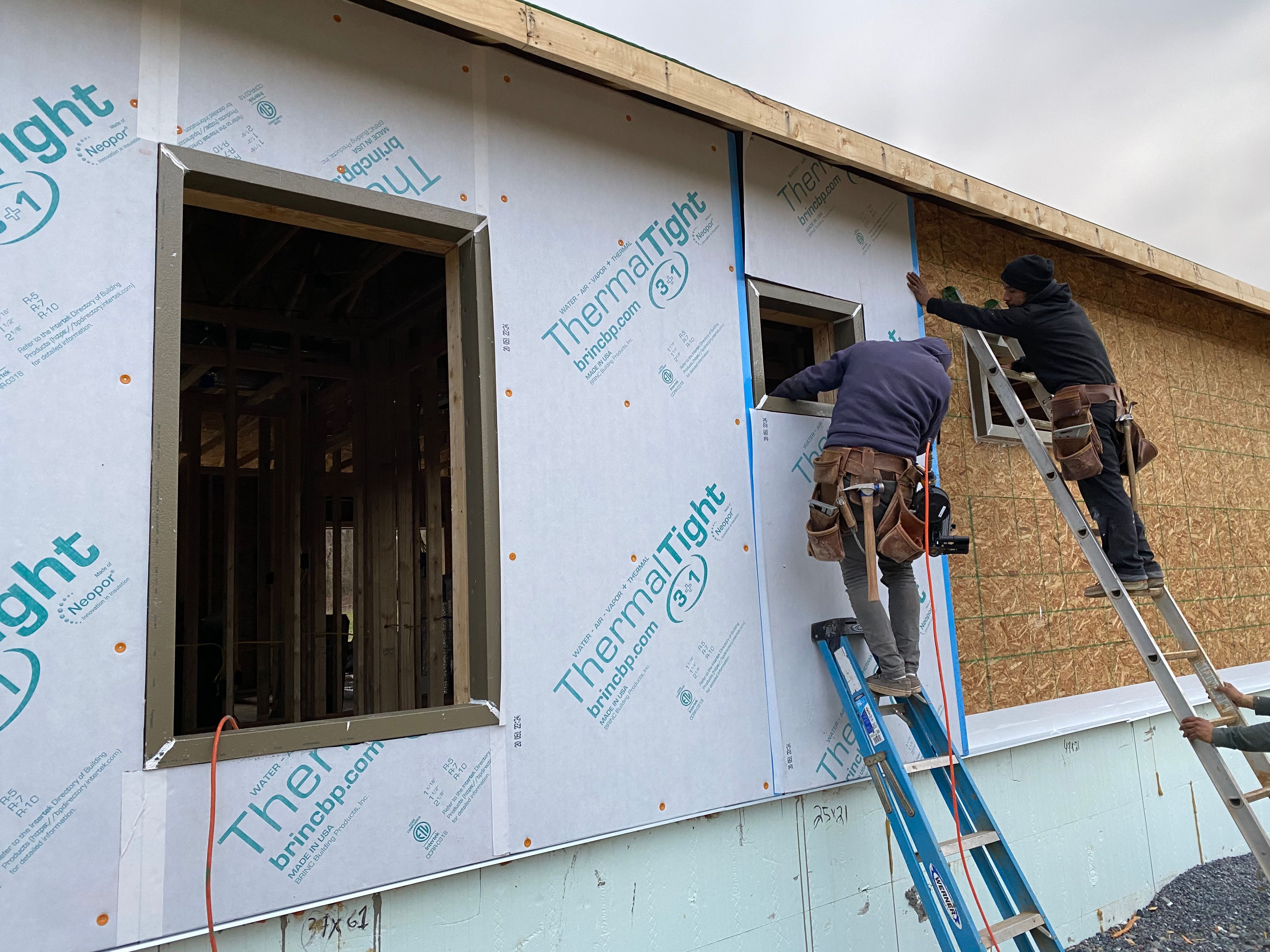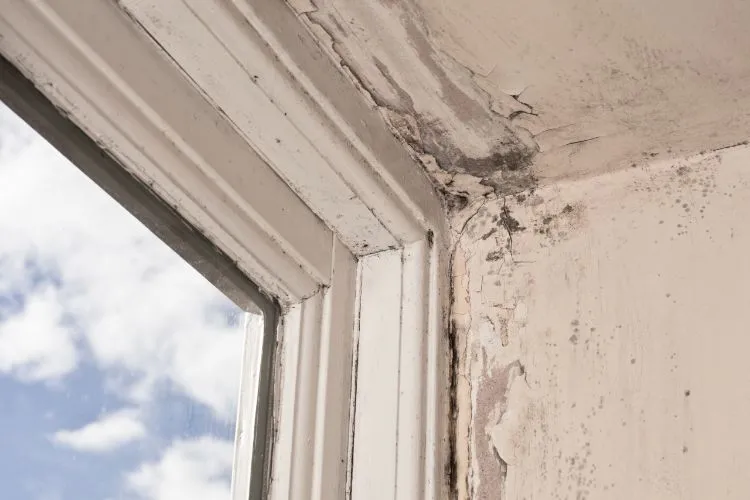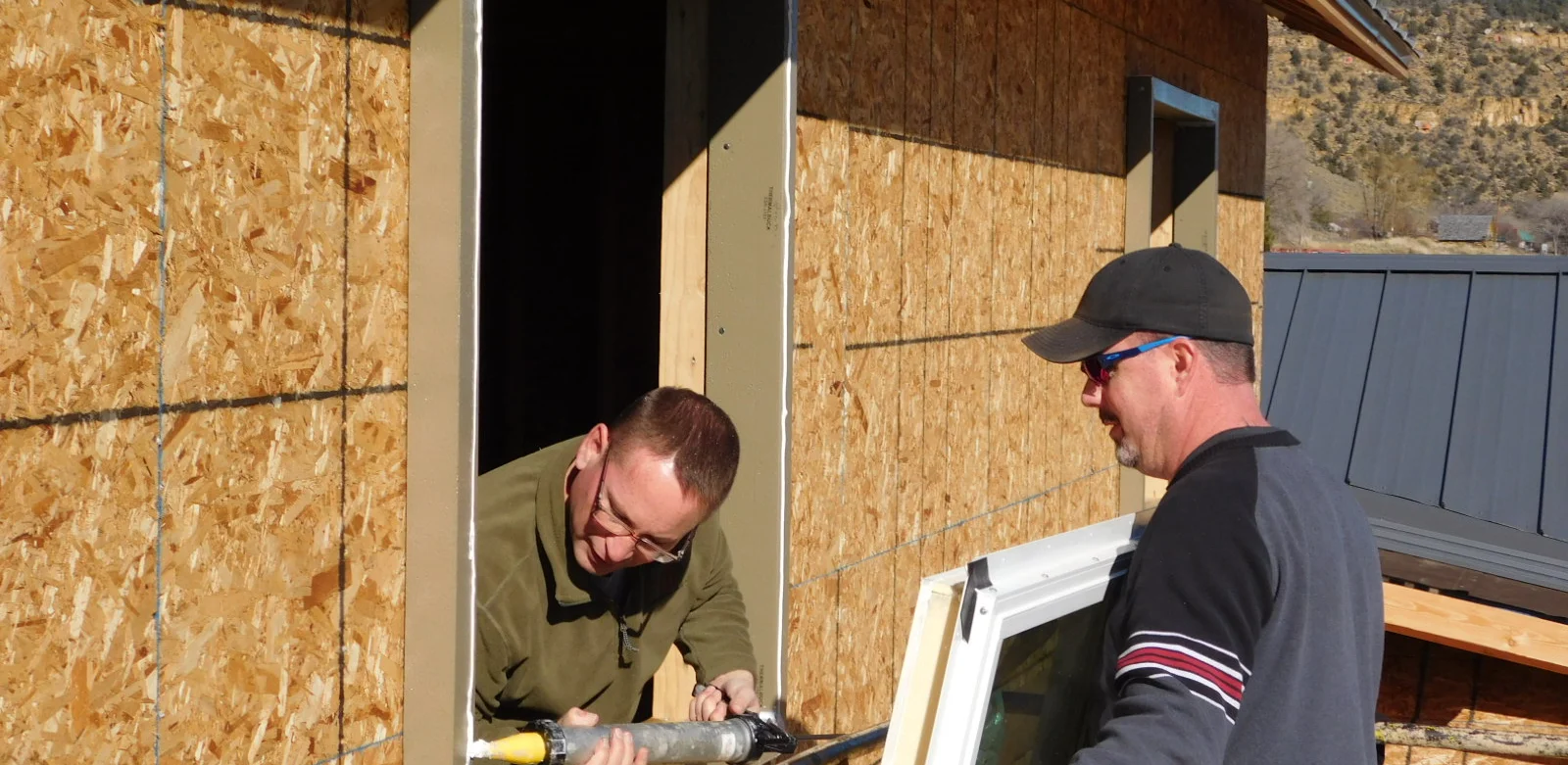Mastering Moisture Management

Maintaining a comfortable and energy-efficient indoor environment is a priority for any building owner or homeowner. As we seek to enhance insulation solutions, the integration of continuous external insulation has emerged as a game-changer. This article explores the crucial connection between moisture management and continuous external insulation, shedding light on how this innovative approach can lead to improved building performance and comfort.
Moisture intrusion in buildings is a common concern, with potentially serious consequences such as mold growth, deterioration of building materials, and compromised indoor air quality. Effective moisture management involves preventing water infiltration while allowing any accumulated moisture to escape, ensuring a healthy and durable building envelope.
Continuous external insulation, also known as exterior insulation and finish systems (EIFS), offers a modern approach to addressing moisture management challenges. Unlike traditional insulation methods that are installed within the wall cavities, continuous external insulation is applied on the outer surface of the building envelope. This method not only enhances energy efficiency but also acts as a barrier against moisture intrusion.
Benefits of Continuous External Insulation for Moisture Management
Reduced Thermal Bridging: Continuous external insulation creates a continuous layer across the entire building envelope, eliminating thermal bridges that can contribute to moisture condensation within wall cavities. This reduction in thermal bridging helps prevent the conditions that foster mold growth.
Enhanced Vapor Permeability: Many continuous external insulation systems are designed with vapor-permeable properties. This allows trapped moisture within the building envelope to escape, preventing the buildup of dampness and reducing the risk of mold and rot.
Seamless Protection: The seamless nature of continuous external insulation minimizes the number of joints and seams, reducing potential points of water infiltration. This results in improved water resistance and reduced moisture-related issues.
Durability and Longevity: By preventing moisture from entering the wall assembly, continuous external insulation can significantly extend the lifespan of the building materials. This durability contributes to the long-term structural integrity of the building.
Enhanced Aesthetics: Continuous external insulation systems often include a finish layer that enhances the building's appearance. This finish not only adds an aesthetic touch but also provides an additional layer of protection against moisture intrusion.
Improved Energy Efficiency: In addition to moisture management, continuous external insulation provides excellent thermal performance. This reduces heat transfer through the walls, leading to energy savings and increased indoor comfort.
Moisture management is a critical consideration in maintaining the health, durability, and energy efficiency of any building. The integration of continuous external insulation offers a holistic solution that addresses both insulation and moisture management challenges. By providing a seamless barrier against moisture intrusion and facilitating the escape of trapped moisture, continuous external insulation systems contribute to a healthier indoor environment, reduced maintenance costs, and enhanced building performance.
Here at Thermal, our products offer a top-of-the-line solution when it comes to moisture management. Feel free to reach out to our team today at www.thermalbuildingsupply.com for more information about this and/or any information regarding your continuous exterior insulation needs.



